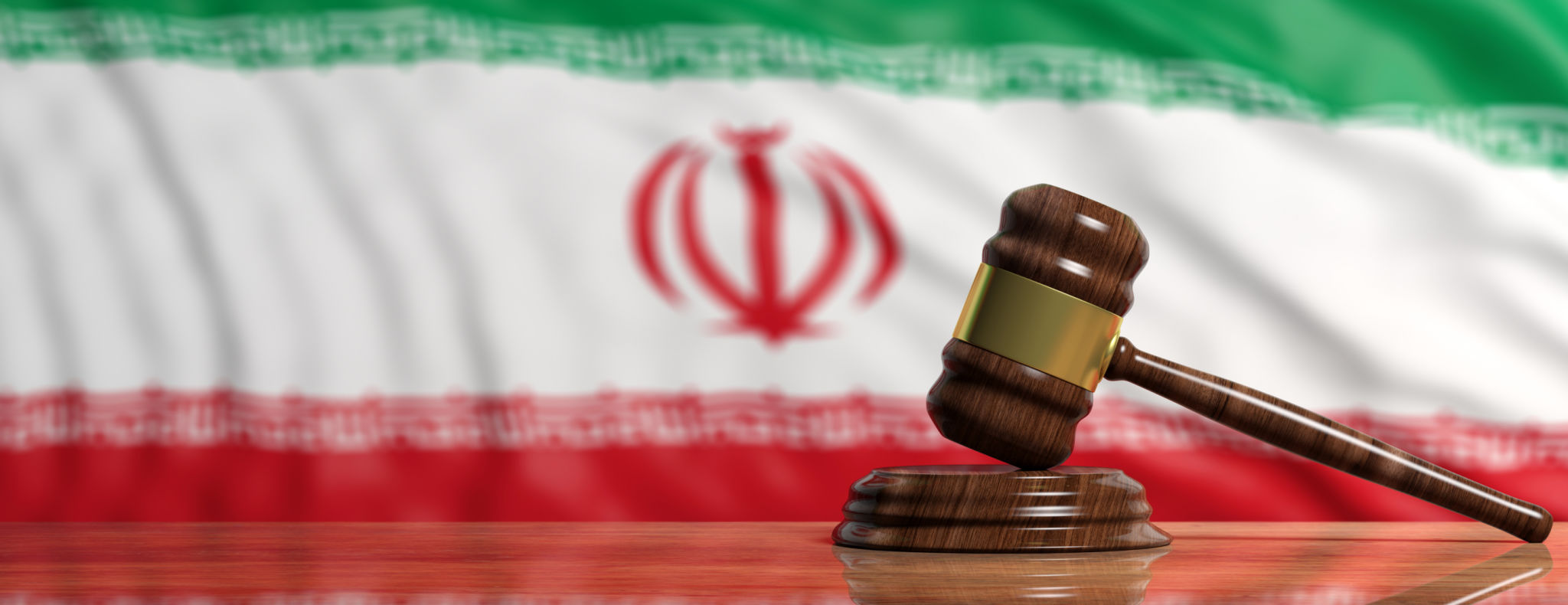Top Legal Challenges Faced by Corporations in Iran and How to Overcome Them
Understanding the Legal Landscape in Iran
Operating a corporation in Iran presents unique legal challenges due to its complex regulatory environment. The Iranian legal system is a mix of civil law and Islamic law, which can be intricate for foreign businesses to navigate. Understanding the local legal requirements is crucial for any corporation aiming to succeed in this market.

Regulatory Compliance
One of the foremost challenges is ensuring compliance with the various regulations that govern business operations. This includes adhering to taxation laws, employment regulations, and corporate governance standards. Corporations must stay updated on frequent changes in legislation, which requires constant monitoring and adaptation.
Overcoming Regulatory Challenges
To overcome these challenges, companies should consider hiring local legal experts who are well-versed in Iranian laws. Establishing a dedicated compliance team can help in maintaining adherence to all legal requirements, thus preventing potential legal disputes and penalties.
Foreign Investment Restrictions
Iran has specific restrictions and requirements for foreign investments, making it imperative for international corporations to understand these limitations. The regulations can impact ownership structures and the repatriation of profits, which are critical considerations for foreign investors.

Navigating Foreign Investment Laws
Companies can address these issues by engaging with local partners or joint ventures, which can provide invaluable insight and facilitate smoother operations. Additionally, consulting with legal advisors who specialize in foreign investments can ensure compliance with all regulatory requirements.
Intellectual Property Protection
Protecting intellectual property (IP) is another significant concern for corporations operating in Iran. The enforcement of IP rights can be inconsistent, posing risks to businesses that rely heavily on their intellectual assets.
Strategies for IP Protection
To safeguard intellectual property, companies should register their patents, trademarks, and copyrights with Iranian authorities. Collaborating with local law firms experienced in IP matters can also provide a layer of protection, helping to navigate any disputes or infringements effectively.

Contract Enforcement
The enforcement of contracts in Iran can be challenging due to lengthy legal processes and bureaucratic hurdles. This can lead to delays in business operations and financial losses if not managed properly.
Improving Contractual Security
Corporations can mitigate these issues by drafting comprehensive contracts that include clear terms and conditions. Utilizing arbitration clauses can also offer an alternative dispute resolution mechanism, which may be more efficient than traditional court proceedings.
Conclusion
Navigating the legal challenges in Iran requires proactive strategies and an in-depth understanding of the local legal framework. By leveraging local expertise and adopting robust compliance measures, corporations can successfully operate within this dynamic market. Staying informed and prepared is key to overcoming the legal hurdles faced by businesses in Iran.

